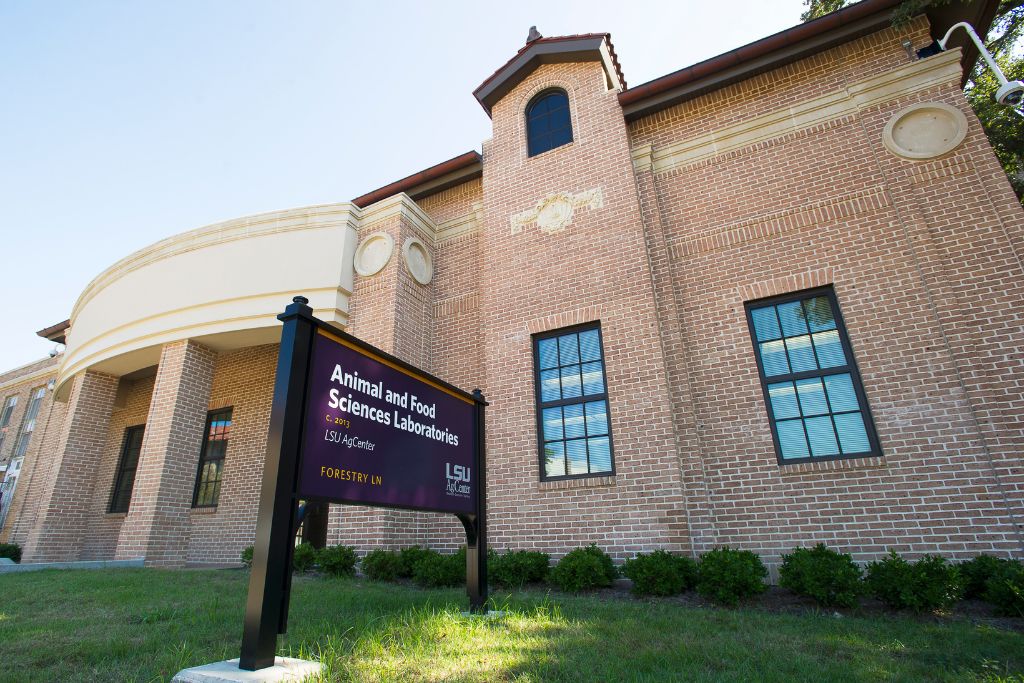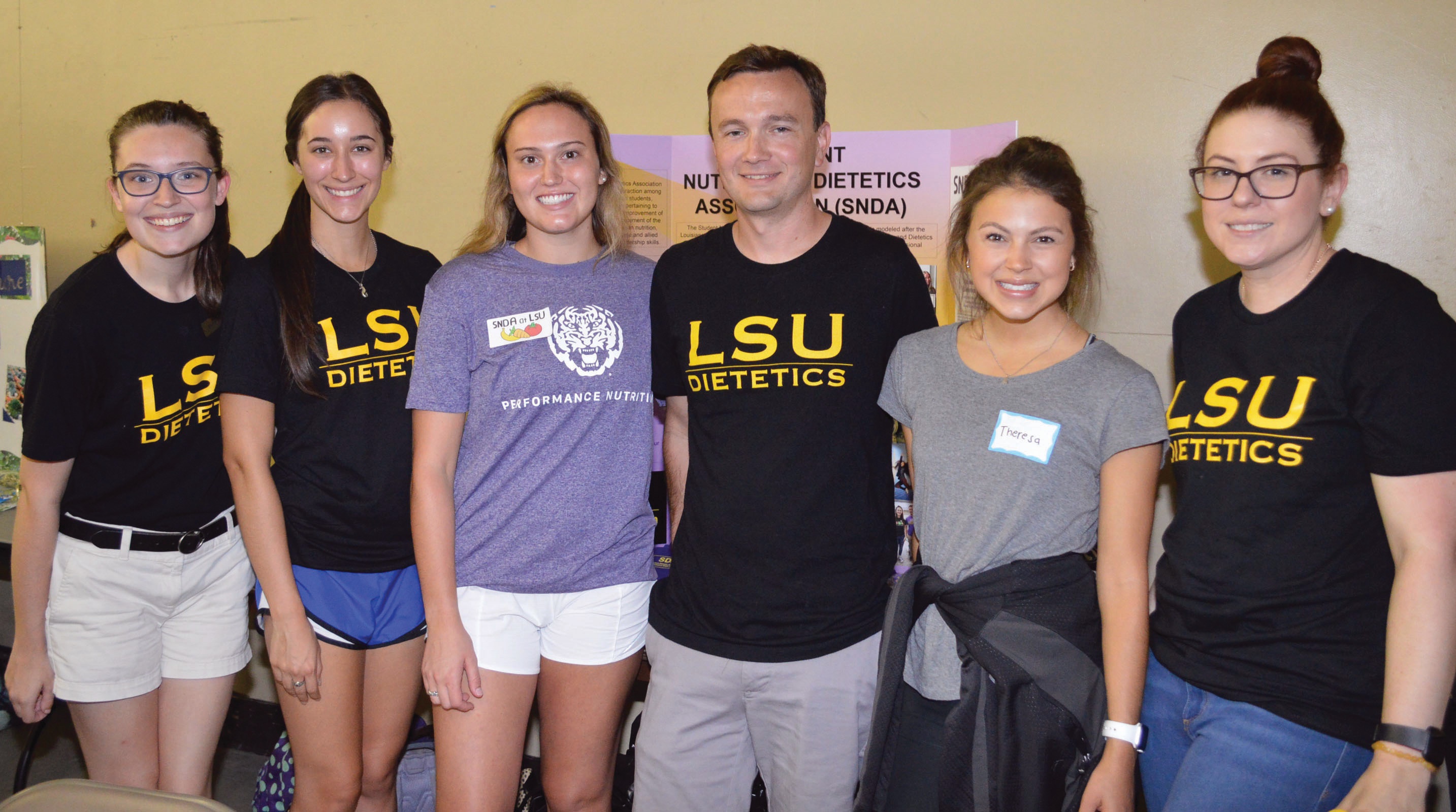Nutrition and Food Sciences, BS
The School of Nutrition and Food Sciences offers undergraduate and graduate programs to prepare students for professional careers in specialty areas. The undergraduate curriculum in Nutrition and Food Sciences consolidates the curricula in the areas of Nutritional Sciences and Food Science and Technology.
Students in this curriculum take core courses that provide basic knowledge required for specialization in one of four areas of concentration: Dietetics; Nutritional Sciences/Pre-Medical; Nutrition, Health and Society; and Food Science and Technology (with a Pre-Medical option). Each concentration provides the student with a professional sequence in an area of specialization, the necessary supporting courses in basic sciences and a broad general education.
Students who enter this major should give special attention to the mathematics and science courses they select and should consult with an advisor when registering for these courses. Students are expected to be ready for the required courses in mathematics, chemistry, and biological sciences when they enter the program. Graduates are prepared to pursue professional careers in dietetics, medicine, public health, cooperative extension service, business, education, research, or all aspects of the food industry.
Concentrations
Dietetics
Gain a broad knowledge base and specialized skills in human nutrition, food and food system management. A student who successfully completes our dietetics concentration can apply for a dietetic internship with the ultimate goal of obtaining professional credentials in dietetics.
Nutritional Sciences/Pre-Medical
Understand the critical role the food and nutrition play in reducing the risk of chronic and acute diseases. Nutritional science provides premedical students with a solid basis for building meaningful medical careers.
Nutrition, Health & Society
Examine the links between food, nutrition and society. This concentration provides students with the knowledge and skills necessary for careers in the health professions, including nutrition, nutrition education, the food industry, and government or scientific writing.
Food Science and Technology (with Pre-Medical Option)
Learn what makes food appetizing and safe and how it gets to consumers. Students learn all aspects of food production, from development to packaging and distribution. They study safety, taste, acceptability, quality, nutrition, food chemistry, analysis, microbiology, engineering and business.
Students aspiring to go to medical school can take the Pre-Medical option which allows students to take core courses required for consideration for admission to medical school.
Minor
To graduate with a minor in human nutrition, students must complete at least 18-23 hours including NFS 1110, NFS 2110, NFS 2112, NFS 3110 and NFS 3115. In addition, students must choose one of the two areas of study options listed below:
View the Nutrition and Food Sciences Minor here
Scholarships
LSU awards numerous scholarships each academic year through the fundraising efforts of the LSU Foundation and the generosity of private donors. Scholarship award amounts vary and are often awarded based on several factors including, but not limited to, demonstrated academic success, financial need, and donor-specific criteria.

Undergraduate Faculty
Lindsay Barleycorn, MS, RD, LDN
Coordinator of Undergraduate Studies
271 Knapp Hall
225-578-2598
[email protected]
Dr. Erin McKinley, PhD, RD, LDN, CLC, MCHES, FAND
Associate Professor
Director of the Didactic Program in Dietetics
Graduate Studies Advisor
285 Knapp Hall
225-578-1631
[email protected]



